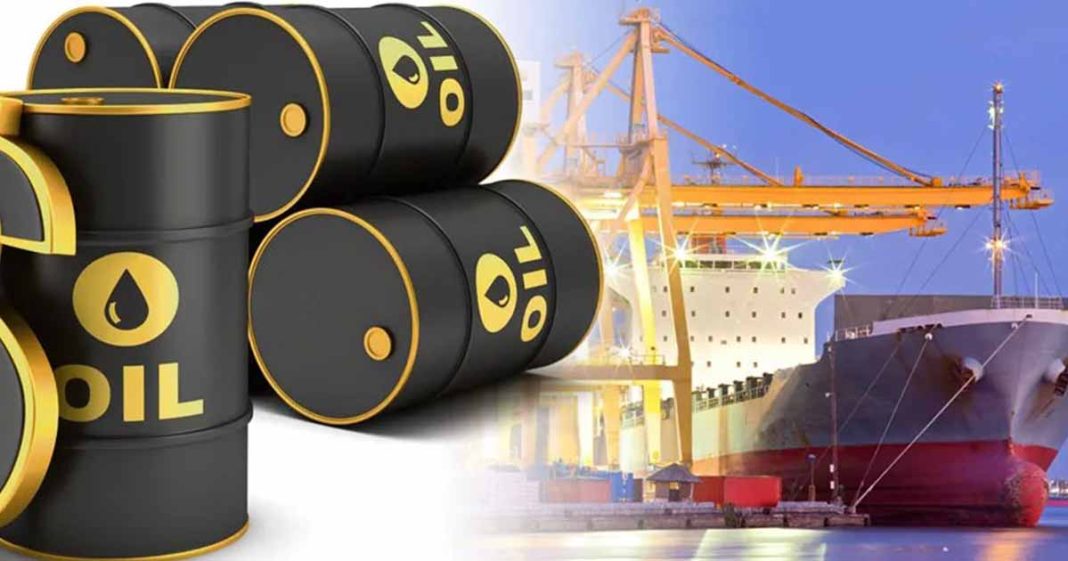Oil imports have heavily contributed in Pakistan’s trade deficit due to globally rising oil prices. According to Arif Habib Limited, petroleum imports increased by 30 percent on month-on-month basis to USD 1.9bn during August 2022, whereas it shows a 6 percent rise on yearly basis.
Read more: Pakistan’s oil imports reach new heights
For 2 months period of the FY23, petroleum imports jacked up by 7 percent to $3.3 billion in comparison to the preceding year.
Looking at the breakdown, on yearly basis, import of petroleum gas, liquefied increased the most i.e., by 48 percent from $43 million in August 2021 to $63 million in August 2022. On Monthly basis, it increased by 36 percent as compared to July.
Petroleum imports increased by 30% MoM to USD 1.9bn during Aug’22
Aug’22: $ 1.9bn, +6% YoY, +30% MoM
2MFY23: $ 3.3bn, +7% YoY@PBSofficialpak @StateBank_Pak #PBS #Oil #Imports #LNG #Economy #AHL pic.twitter.com/58r82q93LW— Arif Habib Limited (@ArifHabibLtd) September 15, 2022
Moreover, on monthly basis, import of natural gas, liquefied was the most, resulting in 73 percent rise to $399 billion in the month of August in comparison to $231 million in July FY23. On yearly basis, it increased by 5 percent from $380 million in August 21 to $399 million in August 2022.
According to the Pakistan Economic Survey 2021-22, “higher oil prices in the global market and massive depreciation of the Pakistani rupee is making oil more expensive, triggering external sector pressure and widening [the] trade deficit of the country.”
The three sectors that depend on petroleum products are transportation, energy and industry. Keeping in view the rising demand for energy, the government is focusing on developing new exploratory wells to increase the supply of natural gas. In addition to that, LNG and piped gas are being imported.
Petroleum reserves are the backbone of any country’s Economy. Pakistan is the 33rd largest oil consumer in the world with a per capita consumption of 41.9 gallons of oil. Pakistan is endowed with huge hydrocarbon potential, most of which remains untapped.














